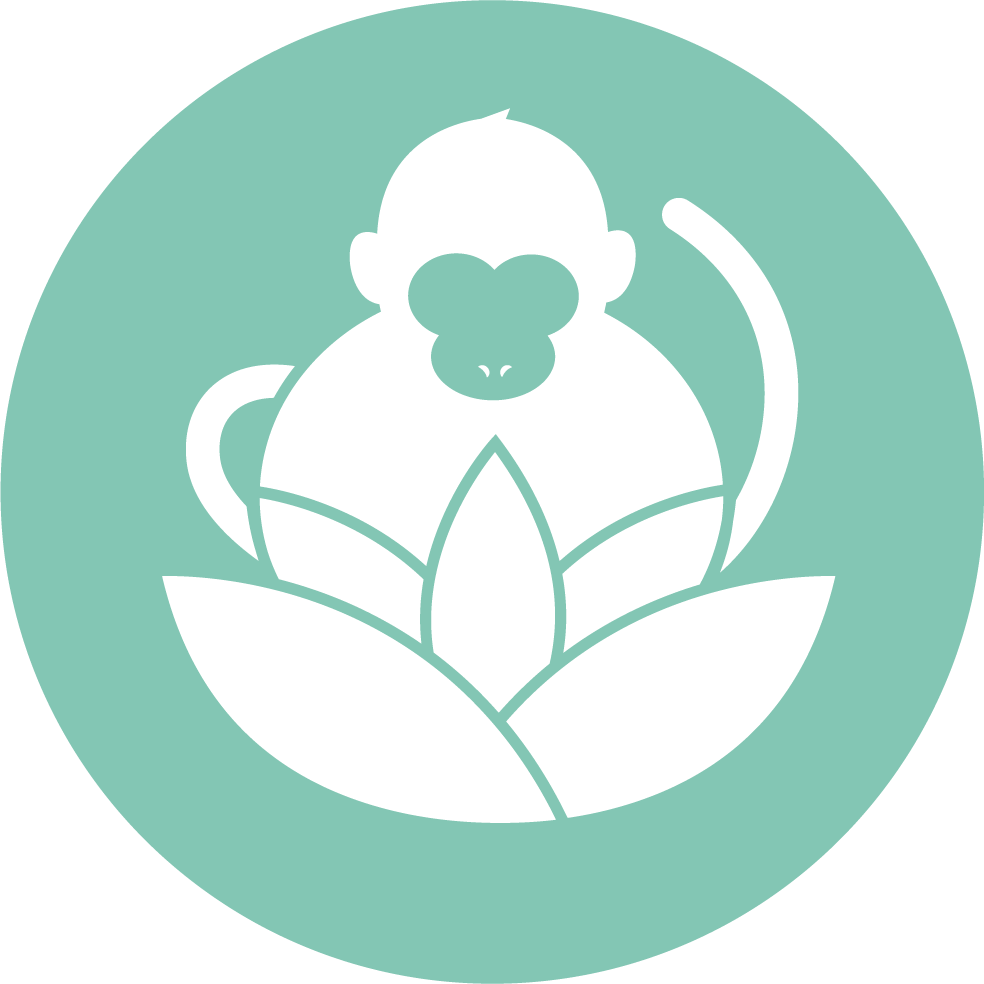Sleep
One of the biggest question I ask clients is about sleeping. How they sleep, quality of sleep and how they feel when they wake up. We have a tendency in today’s society to think that fluffy pillows and lots of them are the key to a great sleep. The exact opposite is true in reality.
The information I gather during the consultation gives me insight to how the physical body is operating, emotional health and neurological functioning. It also provides information about breathing patterns and their direct impact. The brain is a multi faceted operating system that requires maintenance much like the other areas of the body. During sleep, the brain utilizes a Glymphatic transport system to move cerebral fluid and “wash” the brain out of waste. The key to this system is breathing effectively. When we restrict the spine, we impede this system from working effectively.
It impacts not only our quality of sleep, but can affect things such as brain related diseases (Alzheimer’s disease, Parkinson’s disease, Dementia) and underlying concerns such as these;
*Mood (irritability, irrational behaviours, mood regulation, happiness, sadness)
*Attention deficit or related disorders
*Anxiety or Depression
*Brain fog
*Energy (metabolism)
*Poor motor skills
*Thyroid health
*Poor Vagal tone (see previous blog about Vagus nerve)
*Headaches and Migraines
*Muscle and joint pain or misalignment
*Digestion
*Organ health and waste clearing
*Forward Head posture patterns-which can strain the entire skeletal system, lymphatic system, Nervous system and neurological functions.
*Dizziness, Vertigo, Nausea
*Inflammation
Luckily, we can start to mitigate some of these concerns with better quality sleep, and this starts with how we sleep. Some suggestions include;
*Remove the pillow from under your head, instead lying flat on the mattress. (You can place your pillows vertical next to either side of your head so you can lean the side of your head against it but not on it as you transition.)
*Tuck your chin down slightly towards the chest (think Shavasana or Corpse Pose as in Yoga)
*If you feel like you need to put a bolster under your knees to adjust, do so
*Bend your knees, bring the bottoms of the feet together and let the knees fall out to the sides. (While you are adjusting to the changes)
*Utilize a buckwheat pillow properly (If you choose to use a pillow consider Buckwheat. Primarily this is used for those who side sleep primarily. Ensure you are carving a big hollow in the middle where your head on its side will go) (Remove if lying on back)
*Breathwork-try once you are lying on your back to notice your breath. Place your hands on your belly and practice inhaling big belly breaths where the belly rises when you inhale. Hold the breath for a few seconds and then slowly release your breath.
*Temperature is very important when we sleep. Try to lower the room temperature below the average in order to ensure better breathing and optimal air flow. I like to sleep at around 17/18 and with my window opened slightly.
*When we eat impacts our sleep. Try to stop eating at least 2-3 hours before you crawl into bed for the night. This gives ample time for the organs and digestive system to work through what it needs to.
*Red light/Near infrared Therapy-One of the many things that NIR/RED light therapy can support in the body and your life.
*Gentle movement before bed is a great way to encourage the Nervous system to settle into a Parasympathetic state. Think of things like gentle stretching, joint mobility, gentle Yoga, Yoga Nidra or Yin Yoga are all good suggestions. Meditation is another great addition to the bedtime routine.
Upon waking, before you move, consider the first thing you do. Try not to reach for your phone. Instead, mindfully stretch your arms above your head and your feet in the opposite direction. Move your jaw around, stick your tongue out and around. Keep your eyes closed. Hug your knees up towards your armpits and let your shoulders slip down your back. Roll onto your side and then when you are ready get out of bed. Open your curtains and expose yourself to natural light to help set your circadian rhythm. If you have time to stretch before work or workout, do so!
For more information on how you can improve your quality of sleep and your brain health, Connect with me!
